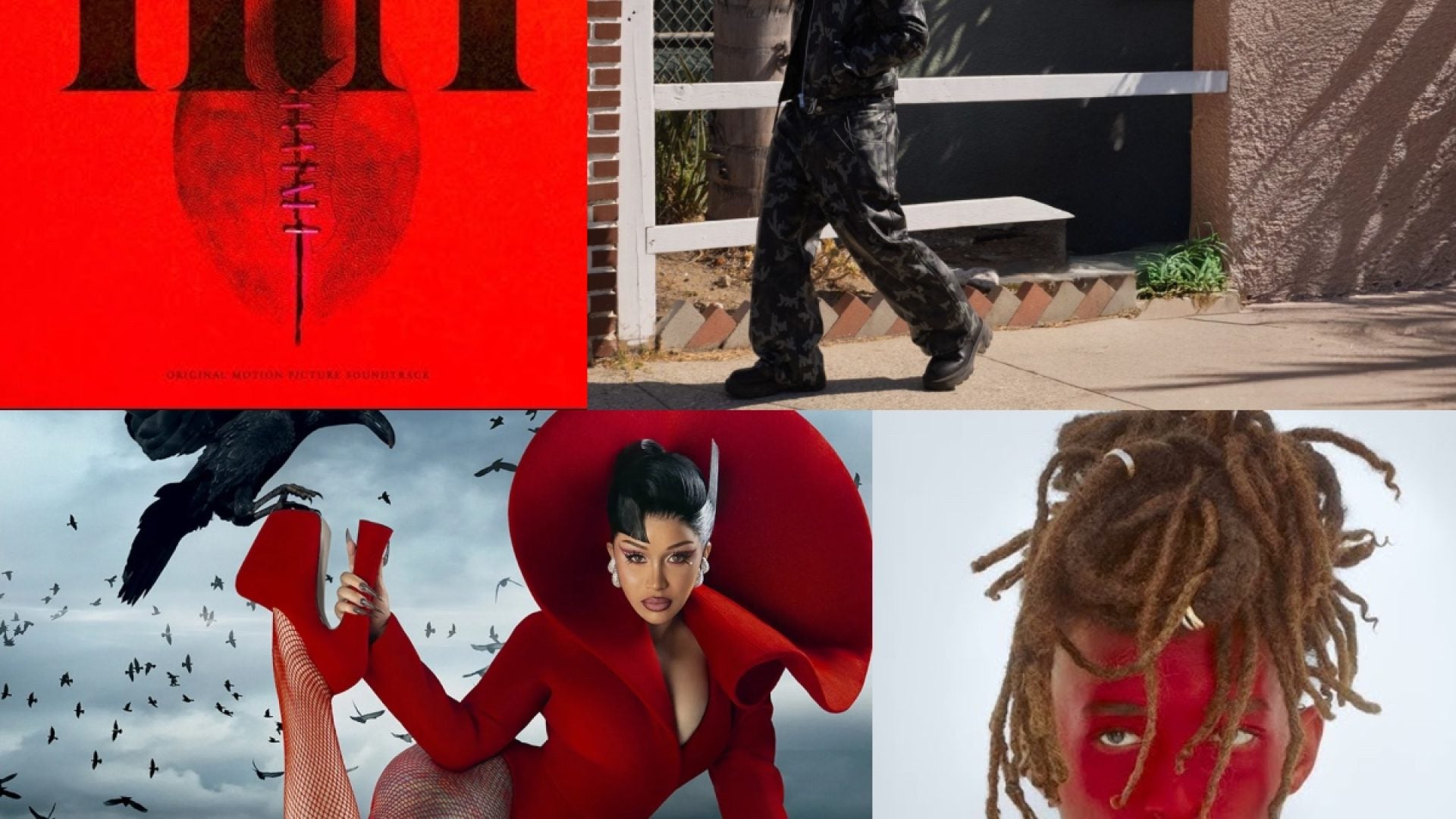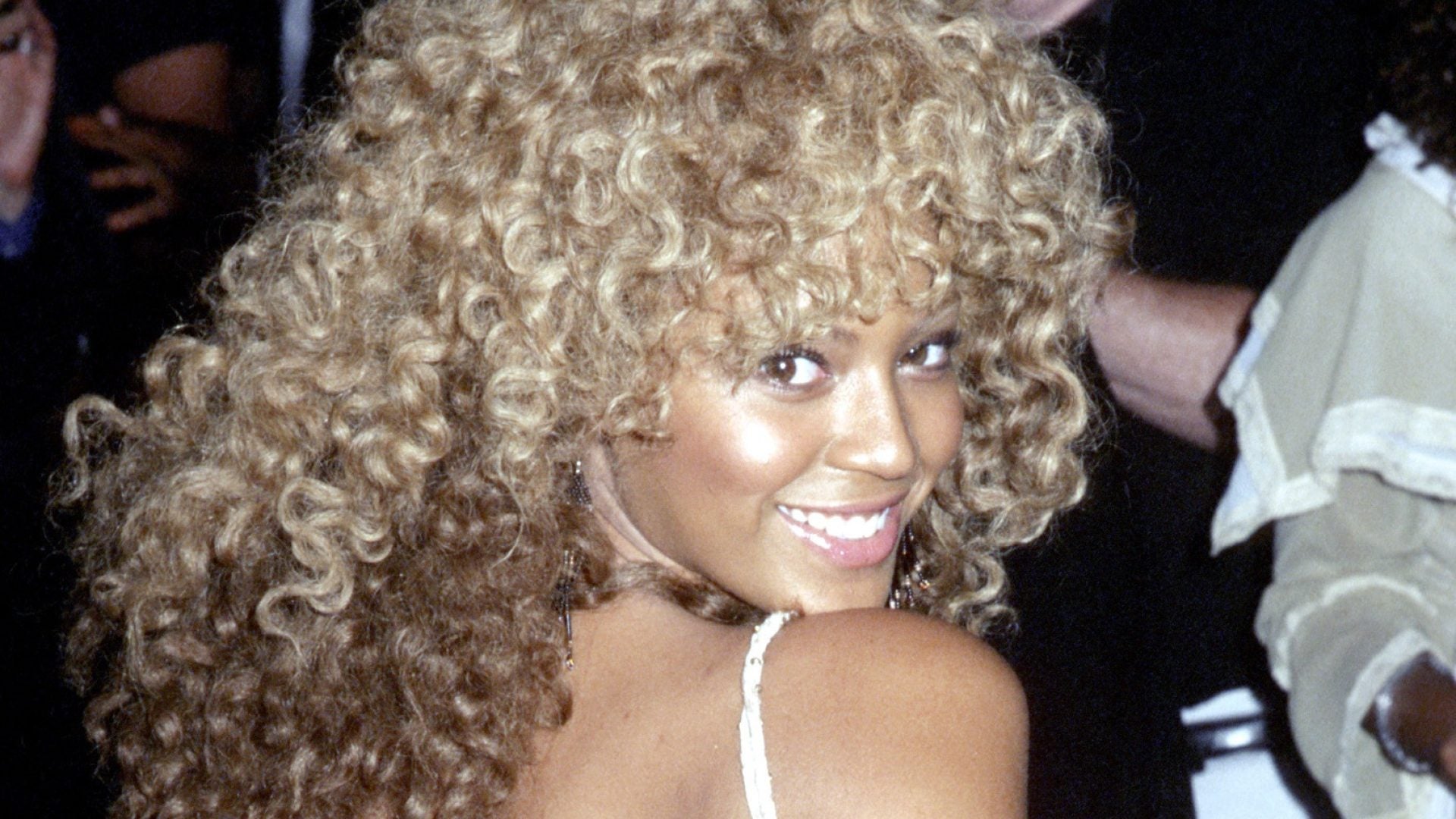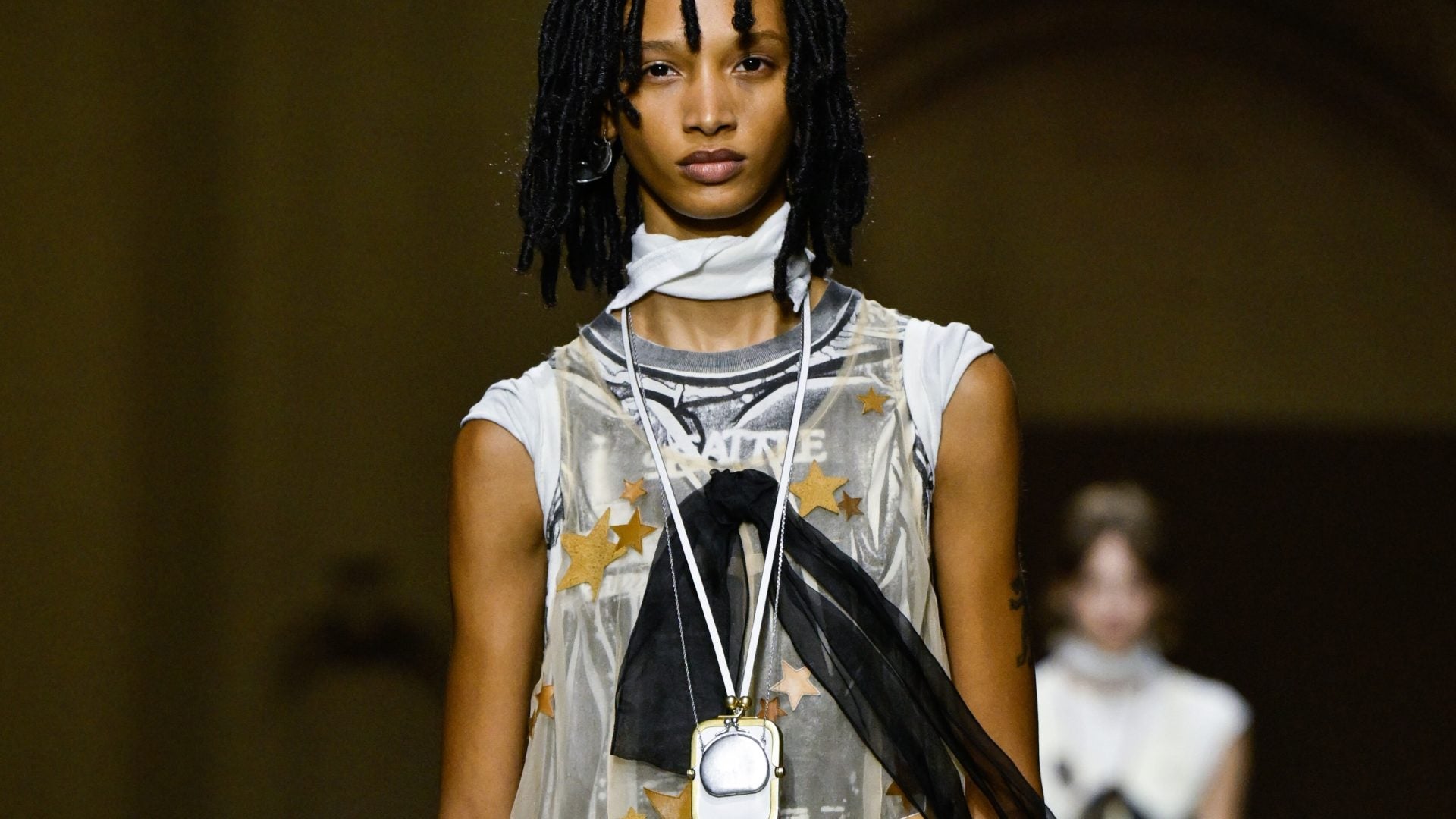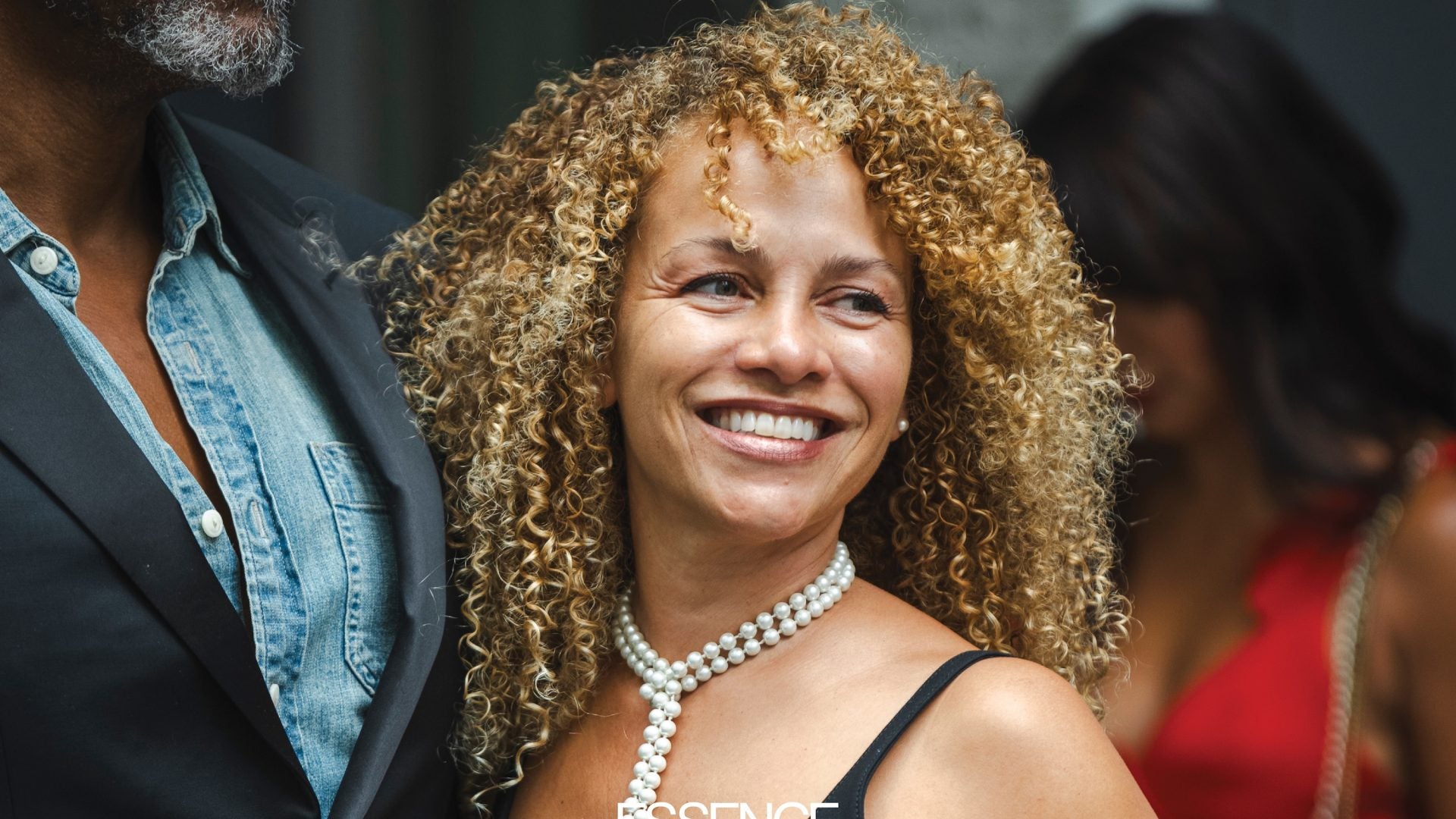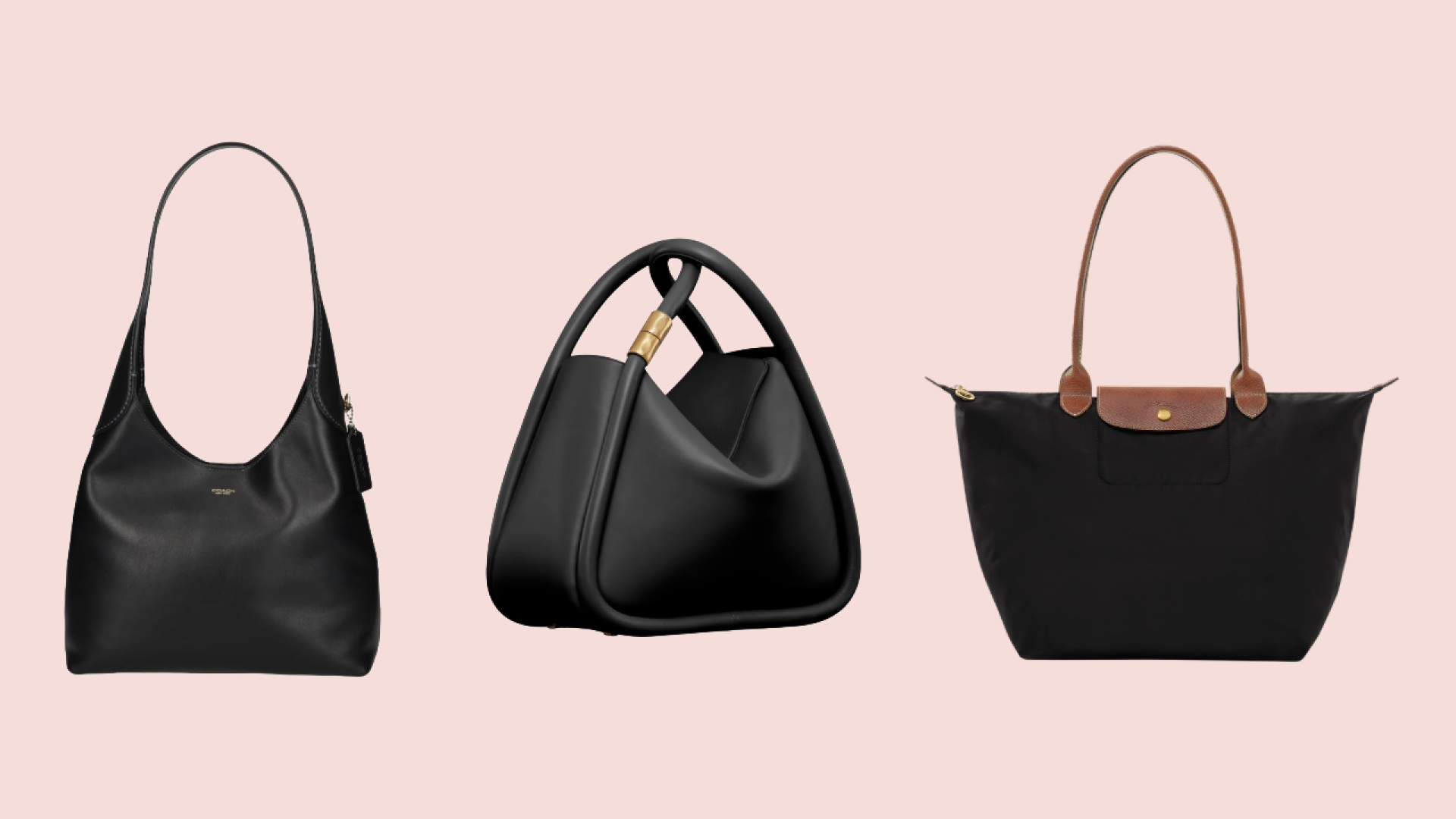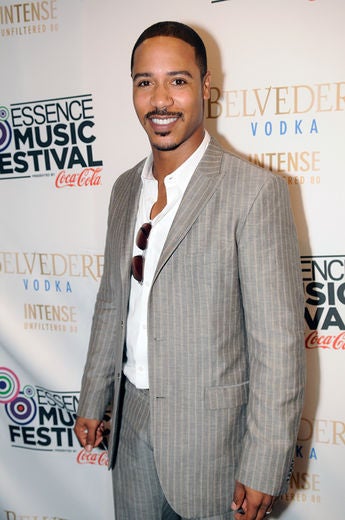
Actor Brian White is in a pot of boiling-hot water with Black women — again. Last week the co-star of Tyler Perry’s upcoming Good Deeds equated a “majority” of Black women with the negative images put forth on popular TV shows like The Real Housewives of Atlanta and Love & Hip Hop.
In an interview with Hello Beautiful, White was asked about a popular criticism of Tyler Perry’s films — that they depict Black women in a negative or stereotypical light. “You can’t call it a stereotype if it’s the majority,” White responded, adding, “Tyler’s not stereotyping, he’s holding up a mirror and people are mad at him because people don’t want to look at that image in that way.”
That, along with a few other choice comments in the interview, earned White the ire of many Black women last week. The interview is admittedly awkward, but in its entirety it isn’t nearly as bad as it’s been sensationalized to be. And surely White’s recent comments should be considered in context (in September 2010, he went on a Twitter rant against Black women after a few attacked him for his marriage to a non-Black woman, and that probably still stings). But White’s iffy new interview highlights an interesting trend: some Black male celebs taking jabs at the same Black female fan base that made them famous.
Earlier this year, Terrance Howard, by now as well known for his acting ability as for his wild–card comments in interviews, was discussing the controversial interracial love story in Red Tails and sang the praises of the non-Black women who (literally) embraced the Tuskegee Airmen in Europe. Many Black women were unamused that he seemed to ignore the loving women back home who shared the airmen’s hue and were standing by, writing letters, and praying for their safe return.
Actor-singer Tyrese has also fallen into this trap multiple times. In August 2011, he chose not to feature black women in his video “I Gotta Chick” and then tried to explain his audition process to irate fans on Twitter: “I welcomed all women and went with the best…. I don’t do favors.” By November, he hadn’t learned his lesson, inciting a collective eye-roll from Black women after he released a video complaining we were “too independent.”
There are those who will say that Black women are just being overly sensitive, or that we need to learn how to take criticism constructively. And in some respects we do… but not here. When Black women support entertainers with our pocketbooks, it’s not asking a lot that they refrain from dissing us, and instead make an effort to acknowledge and appreciate our contribution to their careers. My grandmother used to say, “if you don’t have anything nice to say, say nothing.” Some entertainers would do well to heed her advice, especially if they want Black women to cheer on their next projects.
Demetria L. Lucas is the author of “A Belle in Brooklyn: The Go-to Girl for Advice on Living Your Best Single Life” (Atria) in stores now. Follow her on Twitter @abelleinbk
